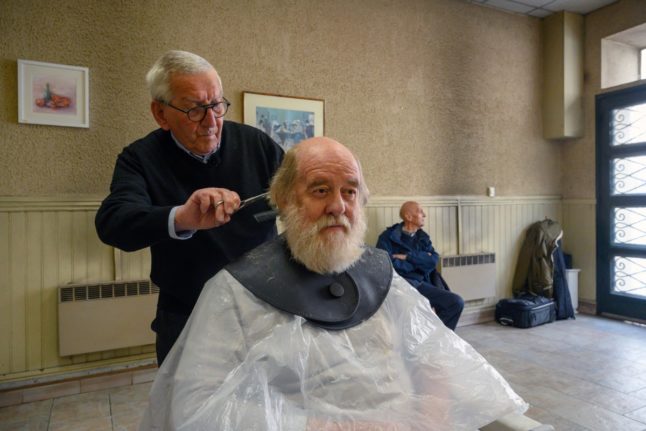Cold-calling, or telephone canvassing, has been banned on evening, weekends, public holidays and at lunch-time as of March 1st.
The new regulation concerns commercial phone calls (eg from call centres), and it means that telephone canvassing will only be allowed between the hours of 10am to 1pm and 2pm to 8pm, from Monday to Friday, according to the French ministry of economy.
This framework applies both to people who registered on block lists to avoid telephone canvassing and those who have not done so. However, if the consumer “gave his/her express consent to be called” then they can still be contacted during these times. The professional representing the call centre will have to justify this, however.
READ MORE: France orders cold-callers to use 09 prefix phone numbers
Additionally, the new legal framework makes it so that a person cannot be solicited “by telephone for commercial prospecting more than four times a month by the same business (or person acting on the business’ behalf).”
Also, if a customer says they do not wish to be contacted or solicited, then the call centre must refrain from contacting (or attempting to reach them) for at least 60 days after the refusal.
Violating these rules could mean hefty fines – for individuals, this could be up to €75,000, and for companies this could be up to €375,000.
In 2022, France brought in a new rule requiring all call centres to use phone numbers with a 09 prefix, in order to allow customers to recognise the call.
What can else can I do stop other fraudulent calls and texts?
When it comes to text messages, you can reply to the number – as long as it is a five-digit one beginning with 3, 4, 5, 6, 7, or 8, with a simple message: STOP.
Reputable businesses will respect your instruction to be removed from their database of numbers.
Similarly, if you send the word CONTACT to the sender, they should text you their customer service phone number. Both the STOP and CONTACT message will cost you the price of a standard text.
You may prefer not to engage with the original text message. In which case, you can forward it to the official Spam SMS service on 33700, and they will follow up on your behalf.
READ MORE: What you can do in France to stop fraudulent and spam phone calls and texts
For phone calls, you can try signing up for the government programme, Bloctel, which removes your phone number from commercially-available telephone lists for a period of three years. In theory, this means that you should be protected against telephone solicitation with the aim of selling you products or services.
You can register either a landline number or a mobile number. In theory, companies should consult Bloctel lists before starting call campaigns, and scrub numbers that are on it.
Sadly, Bloctel is not as effective as it could be, in part because it requires active participation from users, who are asked to flag-up the numbers of unsolicited callers – and that process is longer and more complicated than it needs to be.
Still, consumer watchdog UFC-Que Choisir recommends signing up, because it is better than not being on the list.



 Please whitelist us to continue reading.
Please whitelist us to continue reading.
Member comments